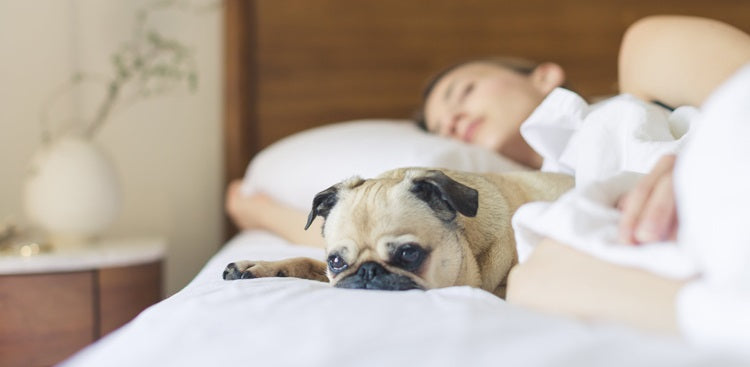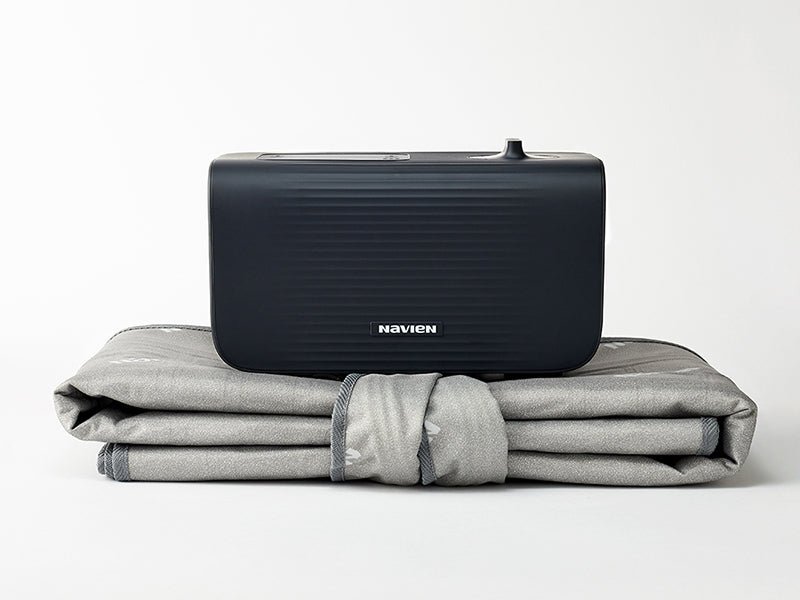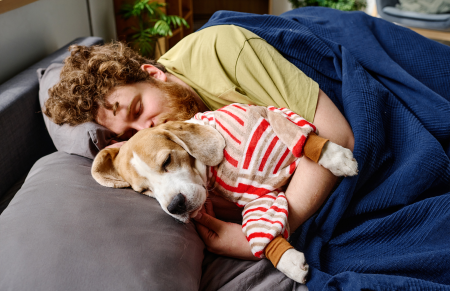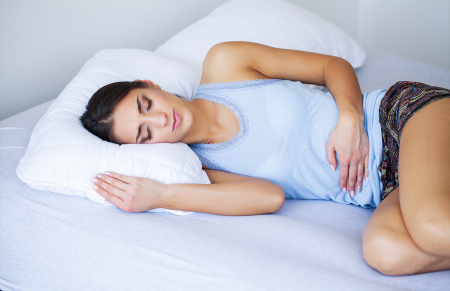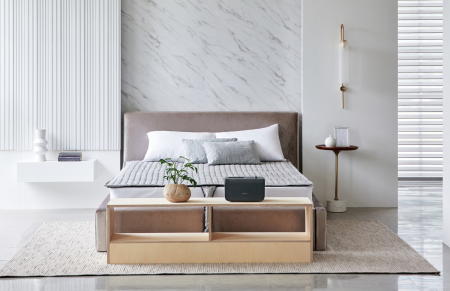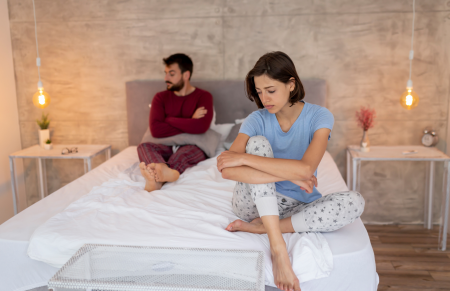COVID 19 is now in its second wave in the United States, and cases are increasing. The worry and stress of this global pandemic can interfere with many aspects of your life, including your sleep habits.
Getting enough sleep is of paramount importance during a global crisis, as it can help boost your immune system, strengthen your mental resilience, and give you more energy to face a day of uncertainty.
Filled with tips ranging from meditative journaling to purchasing a water-heated mattress pad, this guide can help you get a night of better sleep during a pandemic.
Sleeping Through a Crisis
Though it doesn’t immediately seem related, quality sleep can help you survive this global health crisis. Restorative, deep sleep is necessary to keep your white blood cell count up to help you fend off infection.
Sleep is also necessary for your sanity. Poor sleep is associated with a decreased quality of life and depression.
Below are some ways you can improve your sleeping habits.
Avoid Caffeine
Most people drink some type of caffeine to get them through the day—be it coffee, tea, or even soda. However, as helpful as caffeine is in the morning, it can be troublesome when it keeps you awake at night and prevents you from falling into a deep sleep.
If you want to be able to fall asleep more easily and stay asleep, avoid drinking caffeinated beverages at night. One person’s caffeine intake can differ from another, so you can also try to drink less of it throughout the day.
Have A Routine
It helps to have a pre-bedtime routine so your body can gradually relax and until it’s time to fall asleep. This is certainly easier than hitting the hay and expecting to fall asleep immediately!
Come up with a relaxing routine that slowly signals your body that it’s time to power down for the night. Here are some tips:
- Stop work or play at a consistent hour.
- Turn off the lights, appliances, and devices around the house that won’t be used during sleep (this signals your body to “turn off” too!).
- Take a warm bath to dilate your blood vessels and relax your muscles.
- Play some calm music and light some scented candles (tip: playing the same music or smelling the same scents at bedtime every day can condition your body to prepare for sleep every time you hear or smell them!).
- Replace scrolling through your phone with reading a book before bed.
- Write in a journal.
- Do meditative breathing exercises.
Do this every night and eventually it will be easier to fall asleep as the routine will help your body transition to rest.
Change Your Diet
Starchy or sugary foods are full of carbohydrates, powering you up before bed instead of getting you to slow down and relax. Spicy and acidic foods can irritate the stomach, making you uncomfortable when you lie down. It’s best to avoid these foods for dinner or a midnight snack.
On the other hand, you can try filling up on foods that promote sleep. A glass of warm milk or chamomile tea may help relax you before bed.
You can talk to your doctor or a nutritionist to see if there are certain foods in your diet that could be affecting your sleep habits.
Turn Off Everything
If there are things in your bedroom that keep you up, it’s time to turn them off. This includes your lights, your phone, and even the television. If light shines in through your windows, you may want to consider room darkening blinds or a night mask.
Electronic devices, specifically, may give the illusion of helping you fall asleep. However, light from these devices trick sensors in your eyes into thinking it’s still daytime sending signals to your brain to stay awake. This makes it harder for you to drift off to sleep.
Turning your lights and electronic devices off at least thirty minutes before sleep will help signal your brain to power down, so you can fall asleep more easily and sleep better all night.
Reflect With a Journal
If you are struggling to sleep because of the stress and anxiety that the global pandemic is causing, you are not alone. There are many people who have a hard time falling asleep because of myriad worries about the virus.
It seems as good a time as any to take up the habit of journaling. You can get to the bottom of confusing thought processes or work out revelations that you can act upon in the morning. You can also list down things you are grateful for despite everything.
All in all, writing down how you feel can provide an outlet for turbulent emotions during this uncertain time. Releasing this negative energy before bed may help you feel unburdened and more ready for sleep.
Use a Heated Mattress Pad
Bedtime essentials designed to increase comfort, such as a heated mattress pad, could help you faster and more deeply asleep.
Mark Greene from Men’s Axis writes, “I no longer need to waste electricity with an inferior mattress topper. It helps me get a great night’s sleep and I personally recommend it.” The gentle heat of the bed warmer can relax your muscles, create a comfortable environment, and allow you to doze off more easily.
Since the bed warmer pad maintains a constant temperature, you won’t wake up feeling too hot or too cold in the dead of night. This is significantly better than fiddling with an electric blanket! You can simply set your desired temperature, and the mattress pad will automatically calibrate and recalibrate itself to stay at that temperature the entire time you’re asleep.
Finally, if you share the bed with someone, you can set your bed warmer pad to two different temperatures. Each side of the bed is warmed to the optimal temperature of the user, so there’s no need to squabble over whether the bed is too warm or too cold.
Whatever Helps You Sleep at Night
If you are looking for a way to get a good night’s sleep despite a global crisis raging on outside, you’ll need to adapt your bedtime behaviors. The above tips can help you do that. And if you need a little extra help getting warm and cozy once you crawl into bed, a mattress warmer may be just the thing you need.
If you are looking for a bed warmer, be sure to check out the Navien Mate website today!
